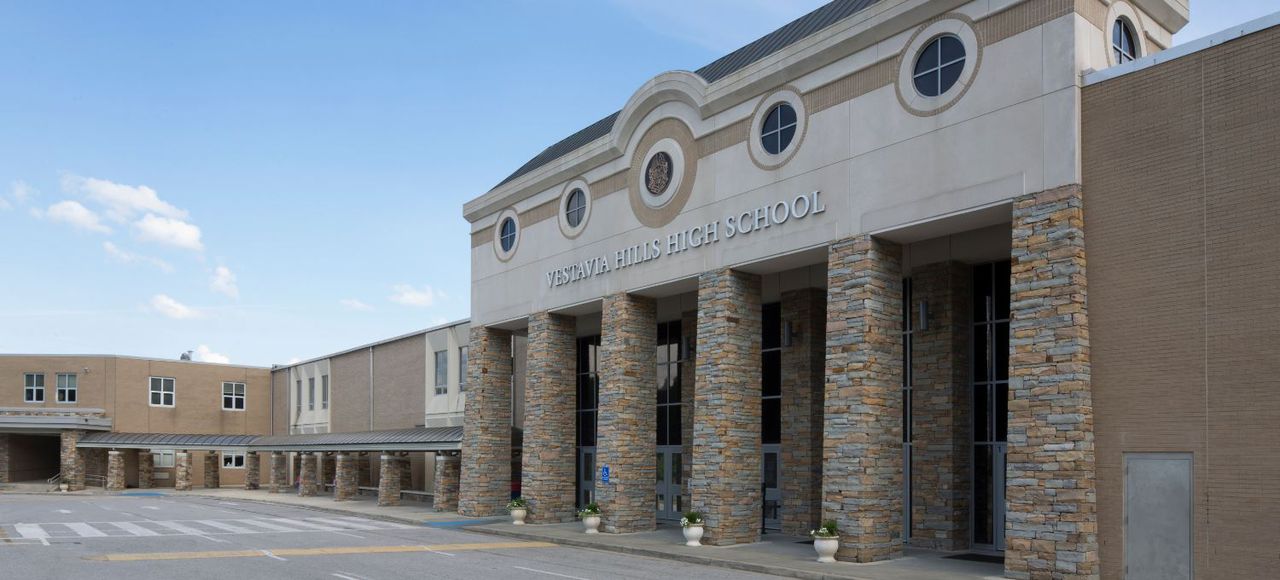Vestavia Hills could see property tax vote to increase school funding
Alabama lawmakers moved Vestavia Hills residents one step closer to a citywide vote on whether to raise property taxes after a House committee approved a bill to allow residents to decide.
The House of Representatives is next to consider the bill, and if approved, residents of the suburb, located about six miles south of Birmingham, will vote May 9 to determine whether to pay an additional 9.8 mills in property tax, expected to generate $8.2 million in additional revenue according to the district’s spokesperson.
The bulk of that new money, which would be available for the 2023-24 school year, would be used to improve aging school buildings across the district and to build and renovate new facilities at the district’s single high school according to officials.
“We’ve developed two goals for our future vision,” Superintendent Todd Freeman said in a video produced by the district. “One is to focus on profound learning opportunities for students, and the other is that we do it in vibrant facilities for profound learning.”
According to Freeman, 44% of the $8.2 million would go to improving existing schools, 22% for new academic programs, 17% to build and renovate arts and athletic facilities at the high school, and 17% for costs to add personnel such as custodial staff and operations within the schools.
The property tax increase would cost homeowners an additional $294 each year in property taxes on a $300,000 home, $490 more on a $500,000 home, and $784 more on an $800,000 home according to information shared by the district.
The median home price in Vestavia Hills is $490,000 according to Zillow, and the median household income is $118,539 according to the Census.
Vestavia Hills students typically score among the top three school districts statewide on annual tests, and more than 85% of students go to college after graduating. The vast majority – between 85% and 90% – heading to a four-year university. Statewide, 55% of students go to college after graduating, with about six in 10 college-goers enrolling in a two-year college.
The district’s budget, approved in September, showed $103 million in expenditures for the current fiscal year.
